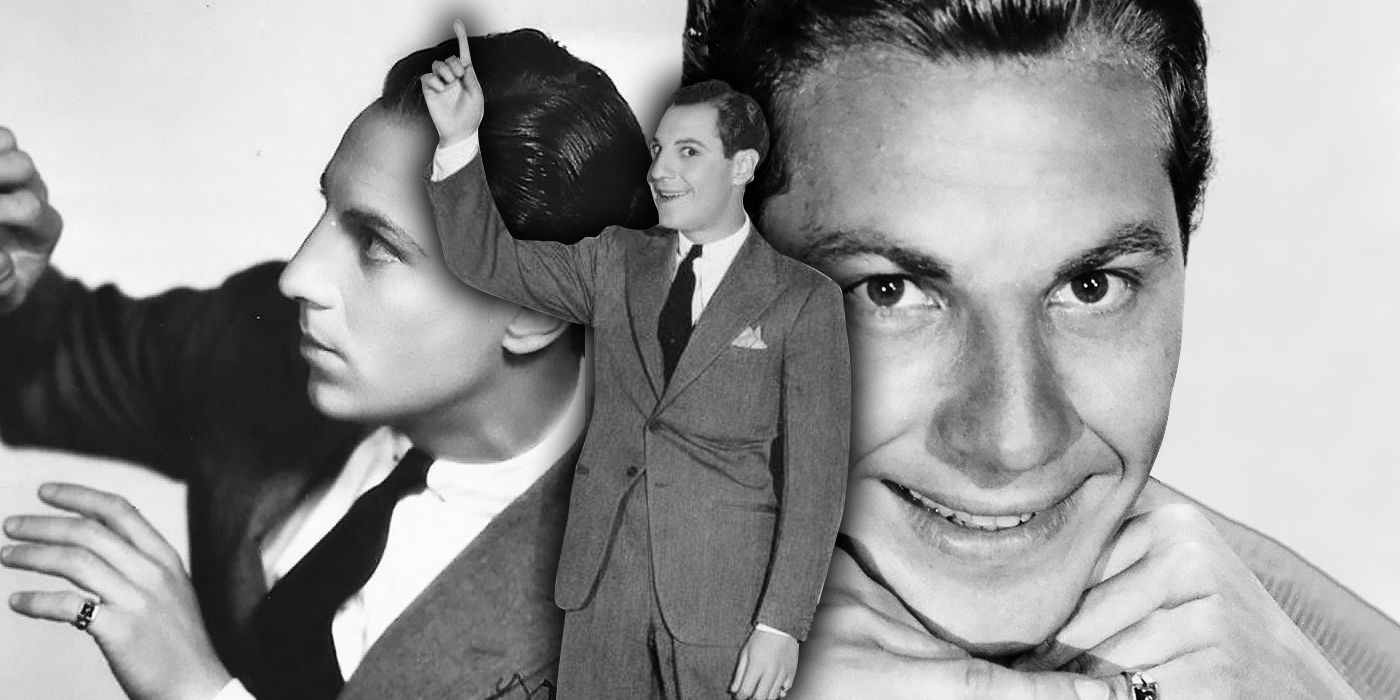
The surrounding area, though hardly prosperous, is benefiting from the rehabilitation of Bronzeville. A block south of their old home lies Mount Pisgah Baptist Church, whose large complex of buildings once housed a synagogue. When the Marx family lived here, the neighborhood was heavily Jewish. Wade report, “One of the colorful social rituals of the time was the Sunday promenade down Grand Boulevard…where thousands of expensive carriages majestically bore the wealthy to the racetrack south of Washington Park.” In their book Chicago: Growth of a Metropolis, Harold M. The neighborhood has changed since then: at the turn of the 20th century Grand Boulevard was a fashionable address, a lovely link in the network of wide, carefully landscaped boulevards crisscrossing the city. After doing five movies ( Duck Soup (1933) was the. Zeppo was the least zany of the quartet and would play the straight man to the other brothers. The Marx family kept the house until 1926, Samuelson says, but as vaudeville declined the brothers conquered Broadway and moved back to New York. The only known photo of all five Marx brothers with their parents in New York City, 1915 from left: Groucho, Gummo, Minnie (mother), Zeppo, Frenchie (father), Chico, and Harpo Marx's family was Jewish. When Milton 'Gummo' Marx left the troupe of brothers early in their vaudeville days to become a manufacturer, Zeppo, the youngest of the five Marx Brothers, joined the troupe as the new Marx Brother. “When the brothers would horse around onstage, their mother backstage would whisper, ‘Greenebaum, Greenebaum!’ And they would shape up.” “The story goes that when the Marx Brothers performed, they often would get rambunctious,” says Samuelson. As mortgage holder, he collected monthly payments from the family. There was a sixth brother, the first born. Grand Boulevard (as King Drive was then named) from Elias Greenebaum, their next-door neighbor at 4510. The brothers are almost universally known by their stage names: Chico, Harpo, Groucho, Gummo, and Zeppo. The brothers visited Chicago early in their career and decided that relocating to America’s railway hub would simplify their travels on the nationwide vaudeville circuit. “The Marx Brothers were from New York City, but they lived in Chicago for years,” says Tim Samuelson, curator of architecture at the Chicago Historical Society.

There’s no hint of the five young men who once lived here–Chico, Harpo, Groucho, Gummo, and Zeppo. Like its neighbors, the building looks well-worn but reasonably well maintained. King Drive, a chain-link fence encloses a lot so small that the house shares an outer wall with the building to the south. Outside the dignified old house at 4512 S. A gray stone facade, modestly embellished, fronts a solid red-brick structure with no yard to speak of, though the owners may have squeezed in some landscaping. Look down practically any block in the city and you’ll see at least one example of the typical Chicago three-flat.
GUMMO MARX BROTHERS SERIES
Sommelier Series (paid sponsored content).Best of Chicago 2021 ballot: Bonus round of nominations.


 0 kommentar(er)
0 kommentar(er)
